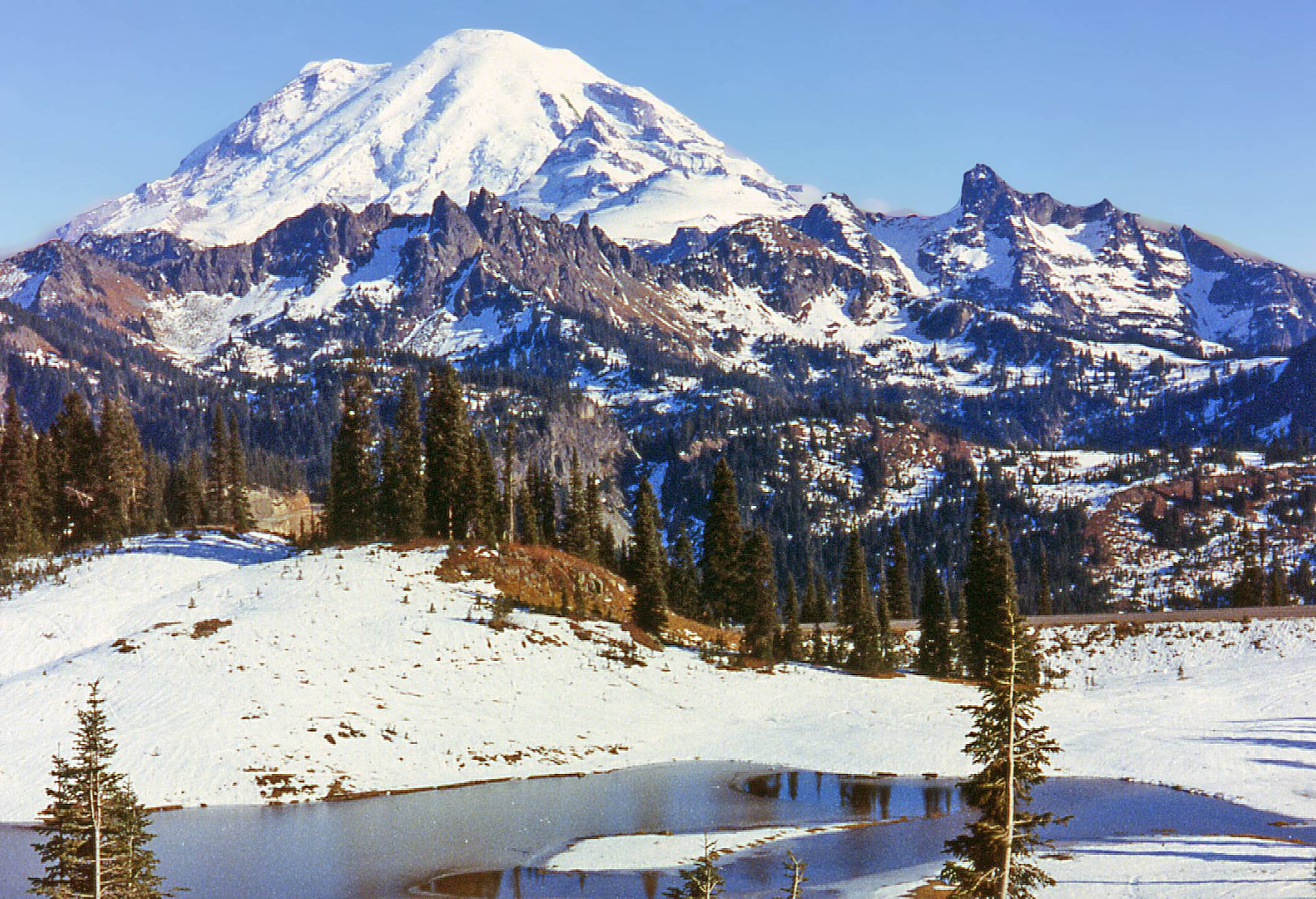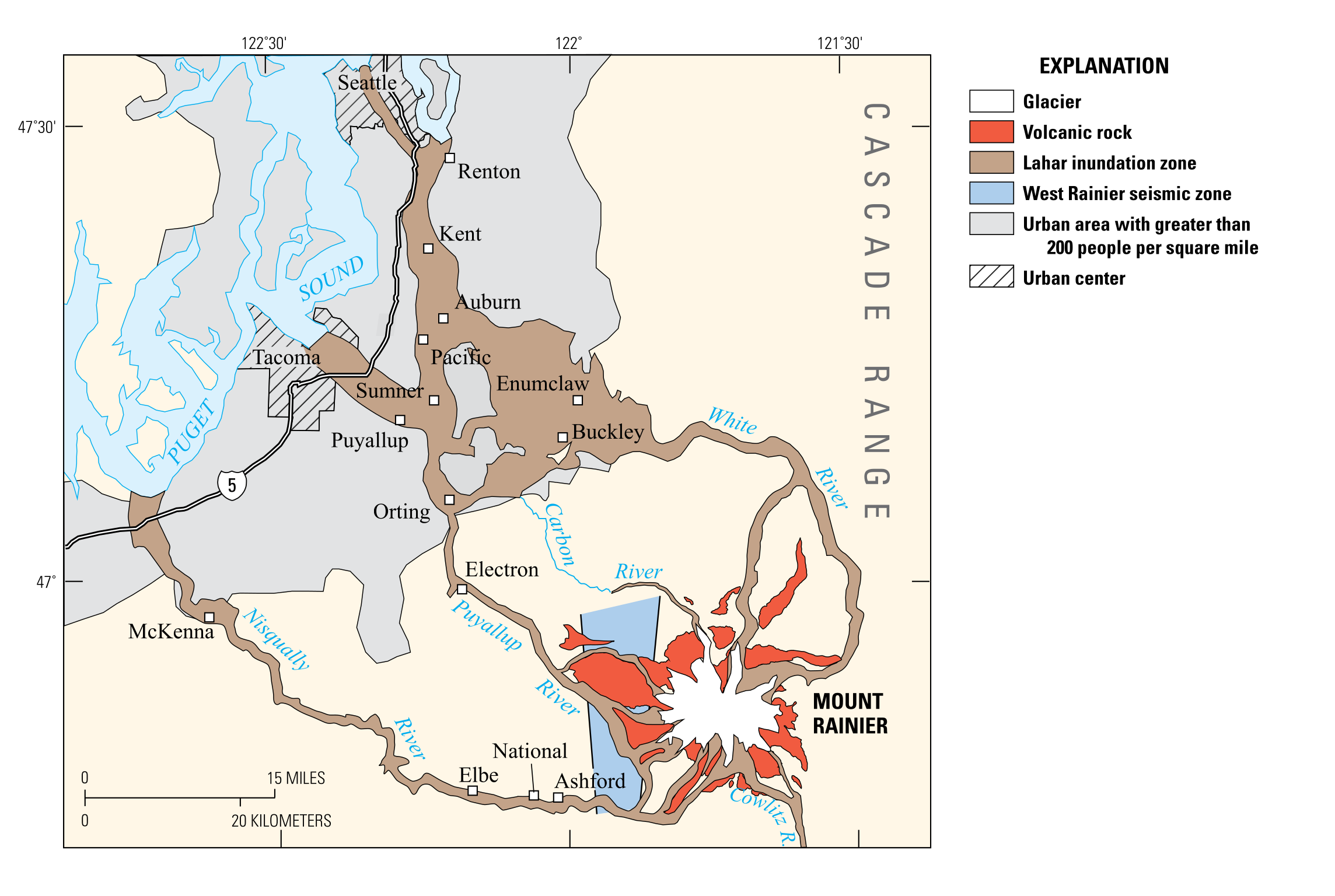Mount Rainier overnight hikes offer breathtaking views, challenging terrain, and unforgettable wilderness experiences. These multi-day treks allow hikers to explore the diverse ecosystems surrounding the iconic volcano, from lush forests to alpine meadows and glacial landscapes. With options ranging from the epic 93-mile Wonderland Trail to shorter but equally stunning routes like the Northern Loop, Mount Rainier provides a variety of overnight hiking opportunities for adventurers of all levels.
What Are the Best Mount Rainier Overnight Hikes?

Mount Rainier National Park offers several outstanding overnight hiking options. Here are the top three routes:
- Wonderland Trail
- Distance: 93 miles
- Duration: 10-14 days
- Elevation Gain/Loss: Average daily gain/loss of over 3,500 feet
-
Difficulty: Strenuous
-
Northern Loop
- Distance: Approximately 33 miles
- Duration: Typically 3 days
- Elevation Gain: About 11,000 feet
-
Difficulty: Strenuous
-
Camp Muir
- Distance: 9 miles round trip from Paradise
- Duration: 8-10 hours (can be extended to overnight)
- Elevation Gain: 4,788 feet
- Difficulty: Strenuous
What Permits Are Required for Mount Rainier Overnight Hikes?

For most overnight hikes in Mount Rainier National Park, you’ll need an Overnight Camping Permit. Here’s what you need to know:
- The permit cost is included in the general park entrance fee.
- There’s an additional $6 reservation fee for each campsite reserved.
- For Camp Muir, if you’re using it as a base for climbing, you’ll need a Climbing Permit.
- Hikers heading to Camp Muir without climbing intentions only need a National Park Pass.
What Are the Current Trail Conditions for Mount Rainier Overnight Hikes?
Trail conditions can vary significantly depending on the time of year and recent weather. Here’s a general overview:
- Best Hiking Season: Mid-July to early September
- Snow Conditions: Higher elevations and areas like Mowich Lake may have snow until late June or early July
- Weather Hazards: Sudden changes in weather, including fog, whiteouts, and high winds are common
- Terrain: Expect steep and rocky sections with significant elevation gains and losses
Always check the National Park Service website for the most up-to-date information on trail conditions and closures before your hike.
What Essential Gear Is Needed for Mount Rainier Overnight Hikes?
Proper gear is crucial for a safe and enjoyable overnight hike at Mount Rainier. Here’s a comprehensive list:
| Category | Essential Items |
|---|---|
| Backpack | 60-80 liter capacity |
| Shelter | Tent, sleeping bag, sleeping pad |
| Clothing | Layered clothing, rain gear, warm layers, sturdy hiking boots |
| Navigation | Map, compass, GPS device or app |
| Safety | Comprehensive first aid kit |
| Hydration | Water filter or treatment, hydration bladder or water bottles |
| Food | High-calorie, lightweight food, camp stove, cooking gear |
| Lighting | Headlamp or flashlight |
| Hygiene | Biodegradable soap, toilet paper, hand sanitizer |
| Wildlife Protection | Bear canister or bear bag for food storage |
For early or late season hikes, consider adding:
– Crampons
– Ice axe
– Gaiters
What Amenities Are Available at Mount Rainier Overnight Camping Sites?
Camping amenities vary depending on the location, but generally include:
- Water Sources: Available near most campsites, but must be treated before drinking
- Restroom Facilities: Pit or composting toilets
- Food Storage: Bear poles or lockers for hanging food and garbage
- Tent Sites: Cleared areas for pitching tents
Specific amenities for popular overnight hike destinations:
Wonderland Trail Camps
- Spaced 3 to 7 miles apart
- Some camps have group sites for larger parties
Northern Loop Camps
- Similar amenities to Wonderland Trail camps
Camp Muir
- Stone shelter available on a first-come, first-serve basis
- Toilets available
- Snowmelt or nearby streams for water (treatment necessary)
How to Prepare for Changing Weather on Mount Rainier Overnight Hikes?
Mount Rainier’s weather can be unpredictable. Follow these tips to stay prepared:
- Check weather forecasts regularly before and during your hike
- Pack layers for various conditions (rain, wind, cold)
- Bring emergency shelter (e.g., emergency blanket)
- Know signs of hypothermia and how to treat it
- Be prepared to turn back if conditions become unsafe
What Wildlife Precautions Should Be Taken on Mount Rainier Overnight Hikes?
To ensure your safety and protect local wildlife:
- Store food and scented items in bear canisters or use provided bear poles
- Make noise while hiking to avoid surprising animals
- Keep a safe distance from all wildlife
- Never feed animals
- Carry bear spray and know how to use it
By following these guidelines and properly preparing for your Mount Rainier overnight hike, you’ll be set for an unforgettable adventure in one of America’s most stunning national parks.
References:
1. https://visitrainier.com/wonderland-trail-overview/
2. https://visitrainier.com/camp-muir-trail-2/
3. https://maurabrady.com/blog/2021/8/24/backpacking-the-northern-loop-in-mount-rainier-national-park
